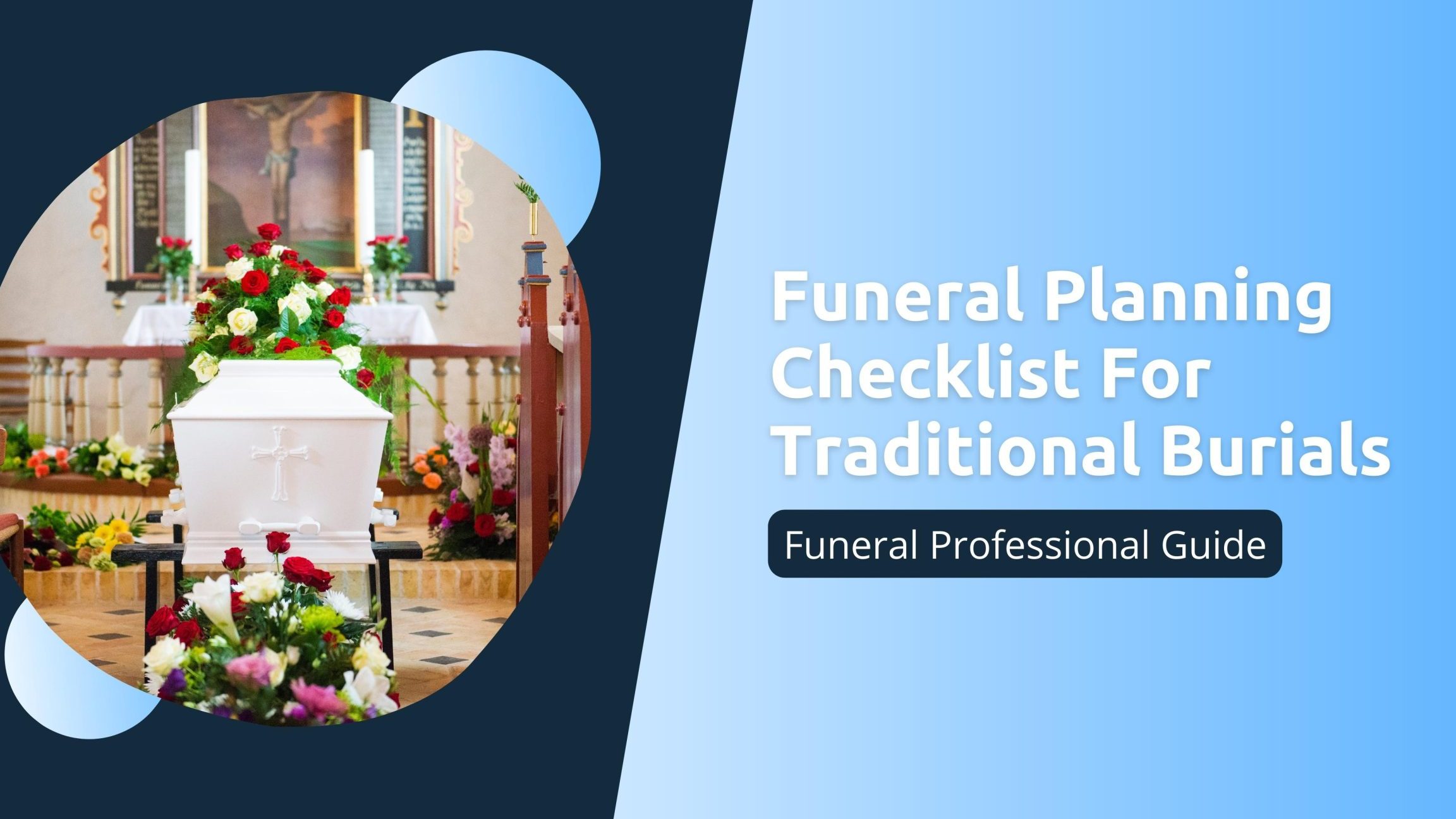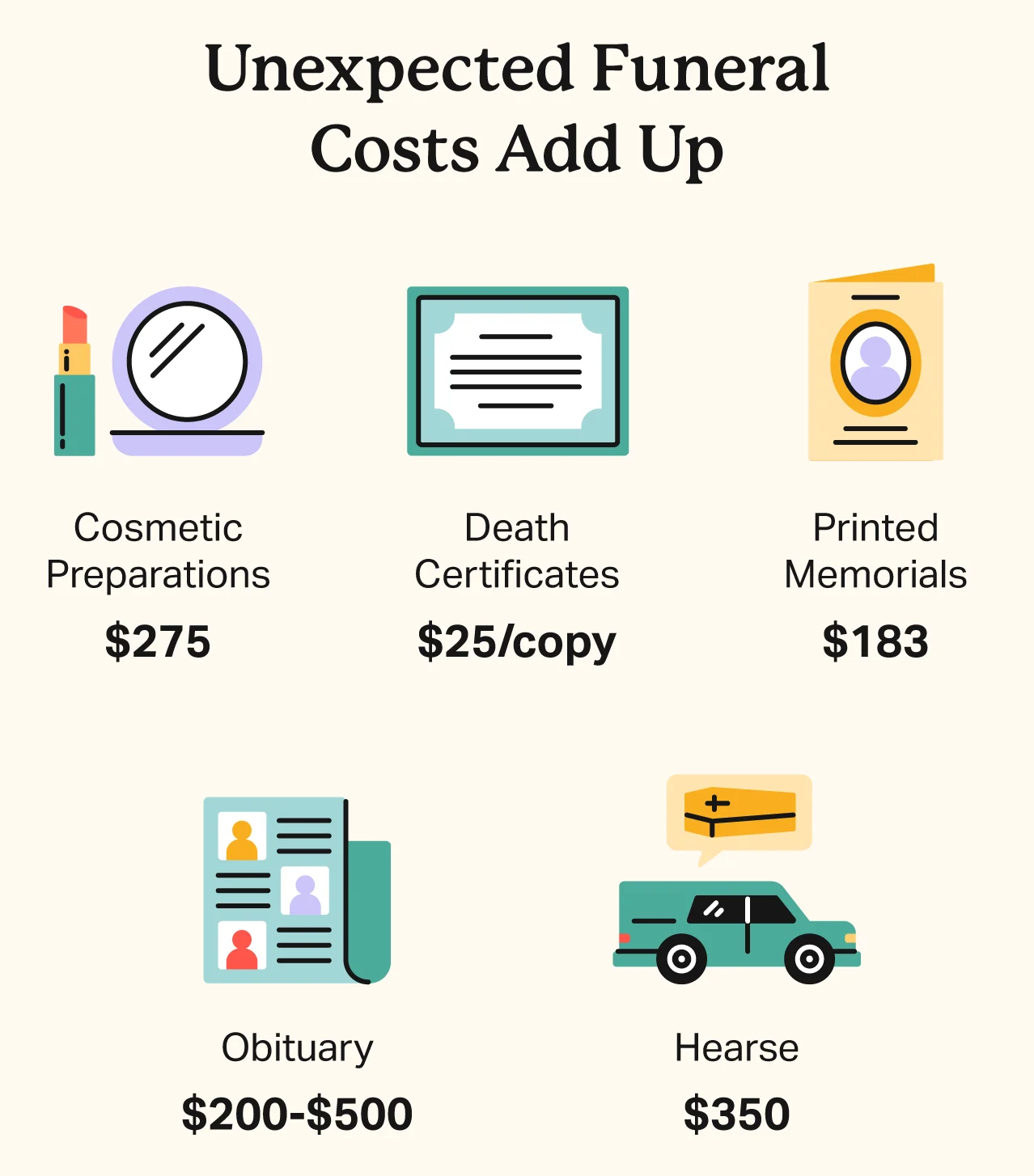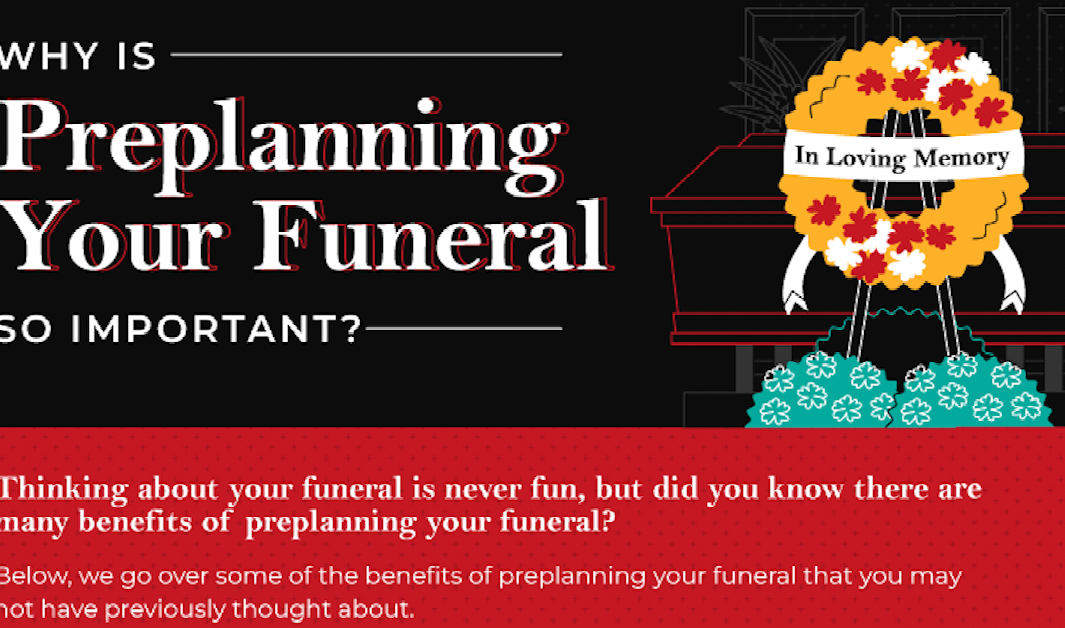Funeral planning can be a sensitive and important task. Understanding the right questions to ask when choosing a funeral plan is crucial. This article aims to provide a brief introduction to the topic, covering the different types of funeral plans available and highlighting the benefits of prepaid options. It will also discuss the factors to consider and the questions to ask before making a decision. Additionally, a planning checklist for funeral arrangements will be provided. Stay informed to make the best choices for you and your loved ones.
Understanding Funeral Plans
In order to make informed decisions about funeral arrangements, it is essential to understand the different aspects of funeral plans. This section provides an overview of the importance of planning ahead, the types of funeral plans available, and the benefits of prepaid funeral plans.
Importance of Planning Ahead
Planning ahead for funeral arrangements can alleviate stress for loved ones and ensure that your wishes are carried out. By making decisions in advance, you can have peace of mind knowing that your funeral will be conducted according to your preferences.
Types of Funeral Plans Available
There are various types of funeral plans available to cater to individual needs and preferences. These plans generally fall into three categories:
Burial Plans
Burial plans are designed for those who prefer traditional burial as their final disposition. These plans include services such as the funeral ceremony, embalming, casket purchase or rental, burial plot, and headstone.
Cremation Plans
Cremation plans are suitable for individuals who prefer cremation as their final disposition. These plans typically cover services such as the cremation process, urn purchase or rental, memorial service, and options for the final resting place of the cremated remains.
Green Burial Options
For individuals interested in environmentally friendly funeral options, green burial plans offer eco-conscious alternatives. These plans often involve natural burial practices that minimize the environmental impact, such as biodegradable caskets and grave markers.
Benefits of Prepaid Funeral Plans
Prepaid funeral plans offer several advantages for individuals considering their end-of-life arrangements:
- Financial Security: Prepaying for funeral expenses helps alleviate the financial burden on surviving family members.
- Price Protection: By locking in the costs at today’s prices, prepaid plans protect against future increases in funeral expenses.
- Customization: Prepaid plans allow individuals to choose the specific services and details they desire for their funeral.
- Peace of Mind: Knowing that funeral arrangements are already taken care of provides peace of mind and relieves loved ones of making difficult decisions during times of grief.
In conclusion, understanding funeral plans involves recognizing the importance of planning ahead, exploring the different types of plans available (such as burial, cremation, and green burial options), and considering the benefits of prepaid funeral plans. By familiarizing yourself with these aspects, you can make informed choices when it comes to funeral arrangements.
Choosing the Right Funeral Plan
When it comes to choosing a funeral plan, it is important to assess your needs and budget before making a decision. By considering these factors, you can ensure that the chosen plan aligns with your preferences and financial capabilities.
Assessing Your Needs and Budget
Before selecting a funeral plan, take some time to evaluate your specific needs and budget. Consider factors such as your desired funeral arrangements, preferences for burial or cremation, and any specific religious or cultural requirements you may have. Additionally, assess your financial situation to determine how much you can afford to invest in a funeral plan.
Questions to Ask Before Selecting a Plan
Asking the right questions is crucial when choosing a funeral plan. Consider these key inquiries before making a decision:
- What services are included? Inquire about the specific services included in the funeral plan, such as funeral home fees, transportation, embalming, and use of facilities for visitations.
- Are caskets and urns provided? Determine whether the funeral plan includes a casket or urn, or if they need to be purchased separately.
- What is the privacy policy of the funeral home? Understand how the funeral home handles and protects personal information and ensures privacy during the funeral arrangements.
- Can I customize the funeral plan? Inquire about the flexibility to personalize the funeral plan according to your specific wishes and preferences.
Considering Additional Factors
Aside from your needs and budget, consider these additional factors when choosing a funeral plan:
- Social Security and Insurance Coverage: Explore whether any social security or insurance benefits can be applied towards the funeral expenses, and understand the coverage options available.
- Funeral Etiquette and Traditions: Take into account any specific funeral etiquette or traditions that you need to consider when selecting a funeral plan.
By carefully considering these factors and asking the right questions, you can confidently choose the funeral plan that aligns with your needs, preferences, and budget.
Planning Checklist for Funeral Arrangements
Planning a funeral involves several essential steps to ensure a smooth and meaningful ceremony. By following this checklist, you can effectively manage the necessary arrangements:
Gathering Essential Documents
- Obtain the deceased’s death certificate
- Collect any legal documents, such as wills or trusts
- Retrieve important identification papers, including birth and marriage certificates
- Compile any relevant insurance policies or prearrangement documents
Notifying Relevant Parties
- Contact close family members, friends, and loved ones to inform them of the death
- Reach out to the deceased’s employer, if applicable
- Notify the deceased’s place of worship or spiritual community
- Inform any social or professional organizations the deceased was affiliated with
Making Financial Arrangements
- Review the deceased’s financial situation and determine available funds for funeral expenses
- Explore insurance policies or funeral prepayment plans
- Estimate the overall budget for the funeral, including services, casket or urn, and cemetery expenses
- Consider setting up a designated bank account to handle funeral-related costs
Selecting a Funeral Home and Cemetery
- Research and compare different funeral homes in your area
- Consider the reputation, services offered, and pricing of each funeral home
- Visit the chosen funeral home to discuss options and finalize arrangements
- Select a cemetery or burial location that aligns with the deceased’s wishes and preferences
Personalizing the Funeral Ceremony
- Decide on the type of funeral service, whether it be traditional, religious, or customized
- Choose readings, prayers, or music that hold significance and reflect the deceased’s life
- Consider incorporating personal mementos, photographs, or videos during the ceremony
- Coordinate with the funeral home and any relevant speakers or performers for a seamless ceremony
By following this planning checklist, you can ensure that all necessary arrangements are made for a meaningful and personalized funeral ceremony. Take your time, consider the wishes of the deceased, and communicate openly with family members and funeral service providers to create a fitting tribute.

Mistakes in Planning a Funeral: Avoid These Common Errors in Funeral Planning

What is the Best Funeral Plan for You: A Comprehensive Guide for US Residents

Effective Strategies for Family Preplanning Discussions

Funeral Planning as an Act of Love: Securing Your Loved Ones’ Future

How to Finance Your Funeral Plan: Options and Tips for US Residents

Benefits of Funeral Preplanning

The Importance of Preplanning Your Funeral

How to Plan a Funeral in 7 Steps: A Comprehensive Guide for Americans
